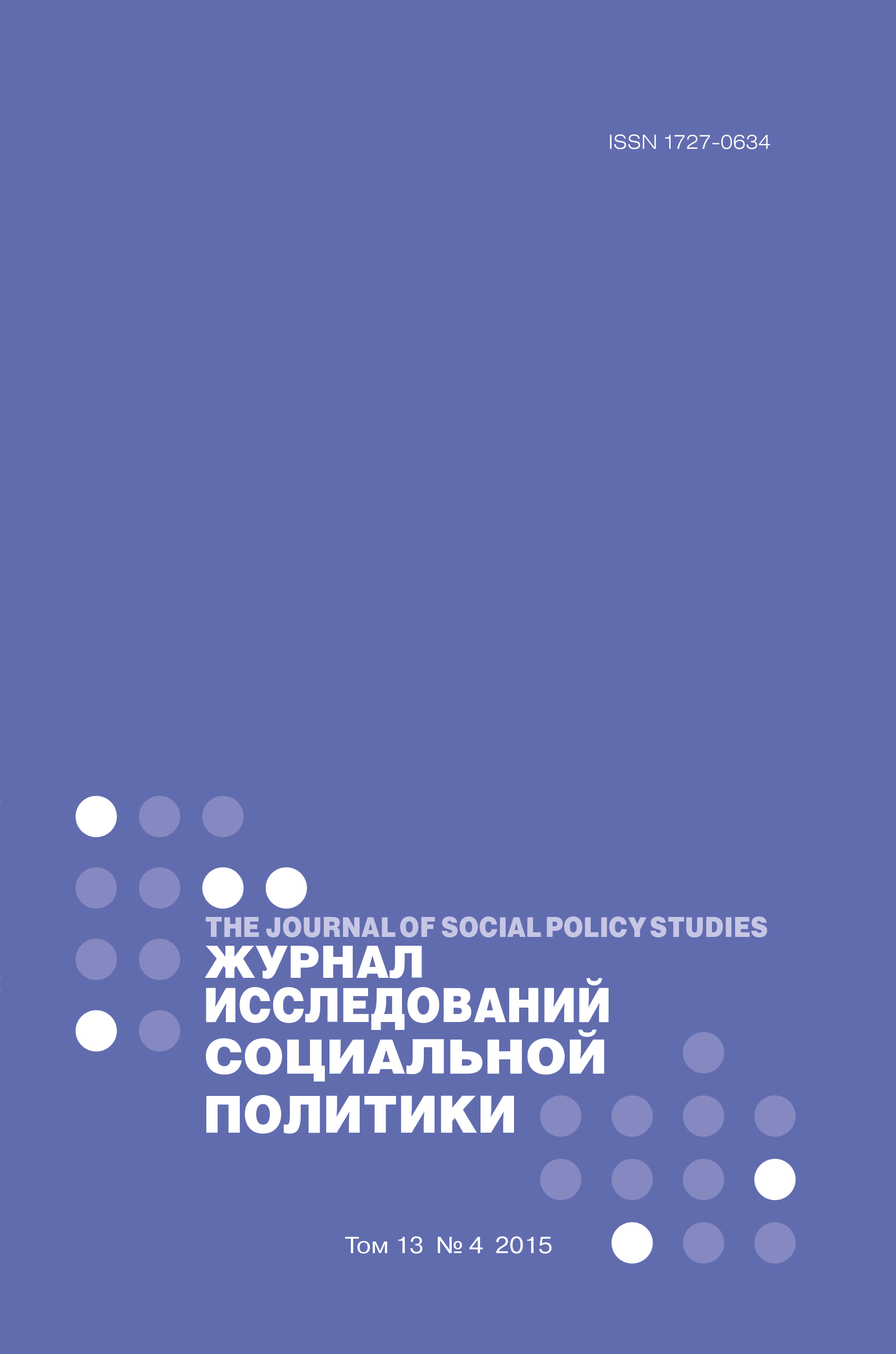“Governmentality” in the Clinical Context: The Paradoxes of Humanization of Healthcare in Sweden
Keywords:
governmentality, Foucault, humanization of health care, psychodermatology, patient-centred approach
Abstract
Humanization of health care provision is a vibrant topic in academic and public discussions. Sweden pioneered innovative educational policies seeking to forge commitment among a new generation of doctors to a “patient-centred” approach. In accordance with Michel Foucault’s theoretical elaborations, this study takes the discourse of humanization to be a feature of politico-economic regulation or governing, and measures the adherence of doctors to this humanization project. Our survey, conducted during autumn 2013-spring 2014, involved 116 doctors affiliated at middle and large-sized public institutions providing primary care and specialized dermatological clinics in western and southern Sweden. A questionnaire comprised of 24 questions that tested the relationships between doctors’ embeddedness in the professional culture and their approaches to non-clinical aspects of dermatological illnesses. The obtained data was processed with the help of the SPSS-21 statistical program, using descriptive and Chi-test statistics. Semi-open questions and respondents’ spontaneous reactions were analyzed by identifying categories of meanings or themes and their frequency. All doctors involved in the study demonstrated recognition of the psychosocial impact of dermatological disorders, and a vast majority agreed on the need to account for non-clinical aspects of skin illnesses in clinical practice. Technical level of specialization manifested itself as the strongest factor shaping doctors’ sensitivity to the psychosocial difficulties of dermatological disorders, related attitudes and practices. A significant number of the physicians reported self-reflectivity and expressed a desire for further education about social-psychological management in dermatology. These attitudes are consistent with the humanization imperative that frames general professional training. An inquiring-supporting conversation with a patient, which can be seen as a form of empowering or enabling sociality, was revealed to be the central format used by the doctors in addressing the non-clinical aspects of skin disorders. Simultaneously, the principle of efficiency surfaced in participants’ open-ended responses, a factor that could potentially destabilize the humanization effect. Medical professionals become middle-range agents of governing that is grounded in the complex structure of contradictory discourses. This study demonstrates the success of the humanization process in medical education and practices, and underlines the need to foster a critical approach to professionalism capable of addressing the paradoxes in the humanization of the healthcare in Sweden.Downloads
Download data is not yet available.
Published
2015-11-23
How to Cite
РодинЛ. (2015). “Governmentality” in the Clinical Context: The Paradoxes of Humanization of Healthcare in Sweden. The Journal of Social Policy Studies, 13(4), 643-656. Retrieved from https://jsps.hse.ru/article/view/3295
Section
ARTICLES IN ENGLISH















